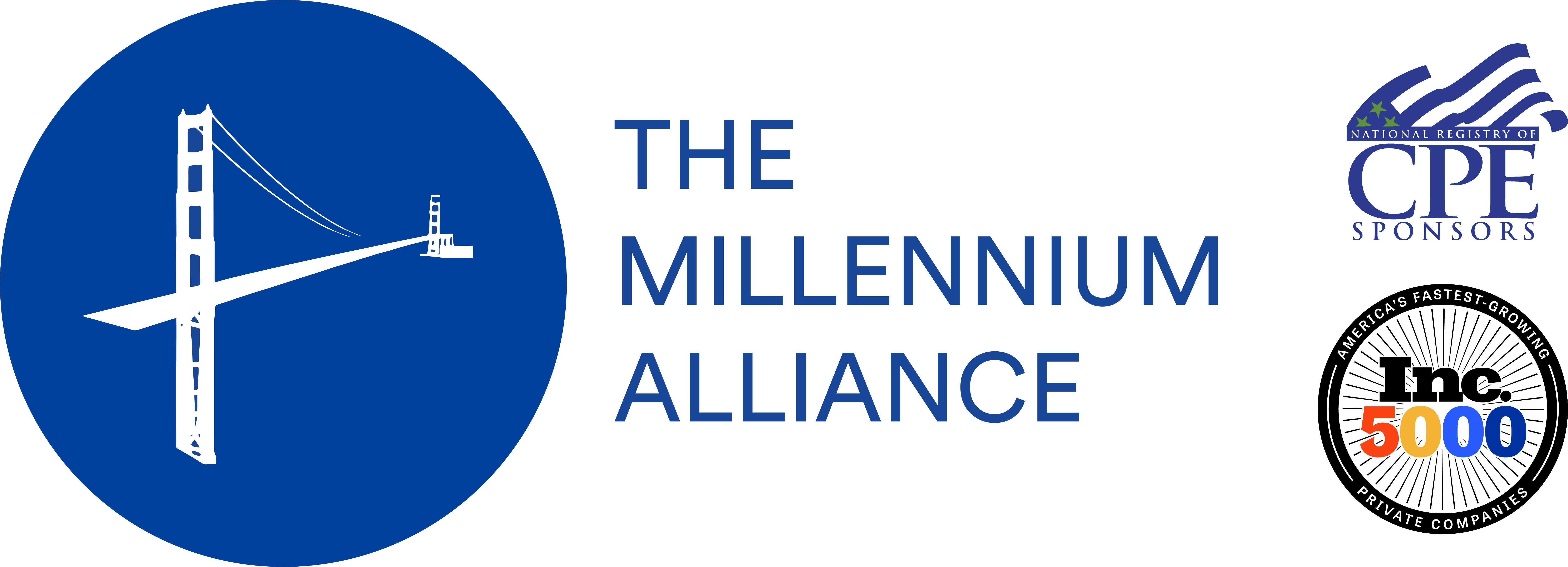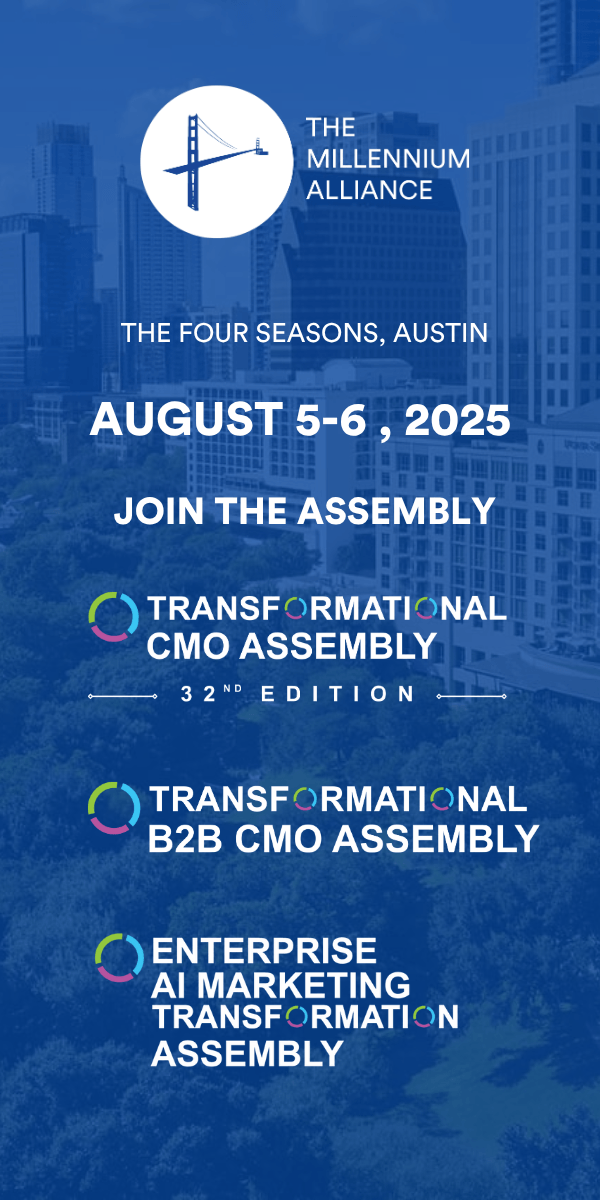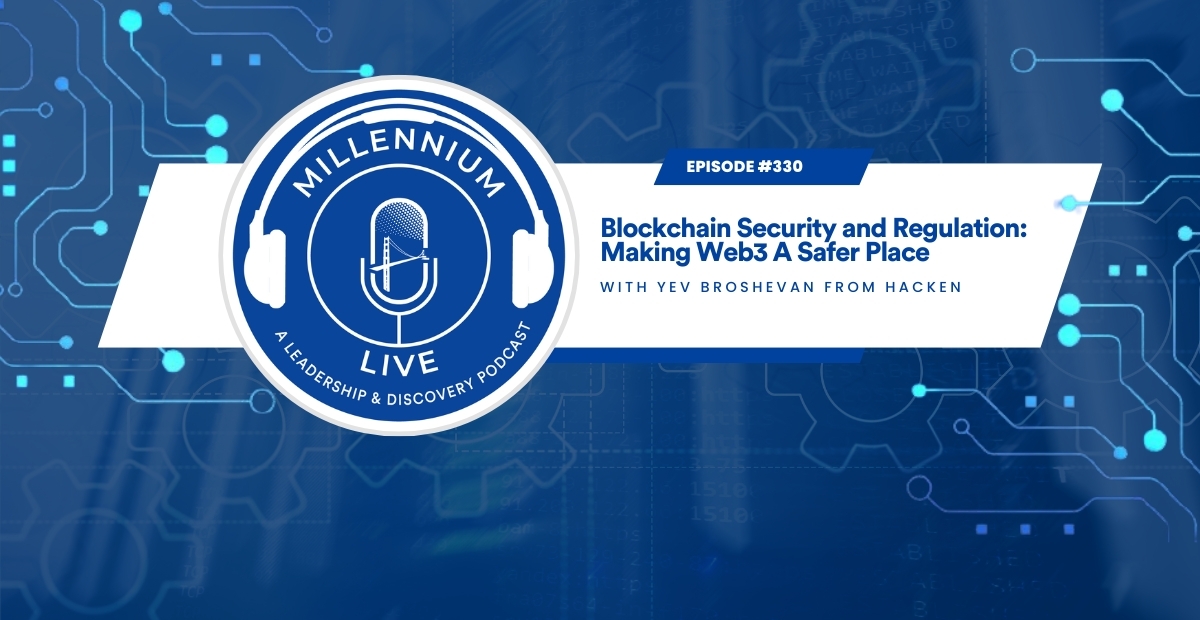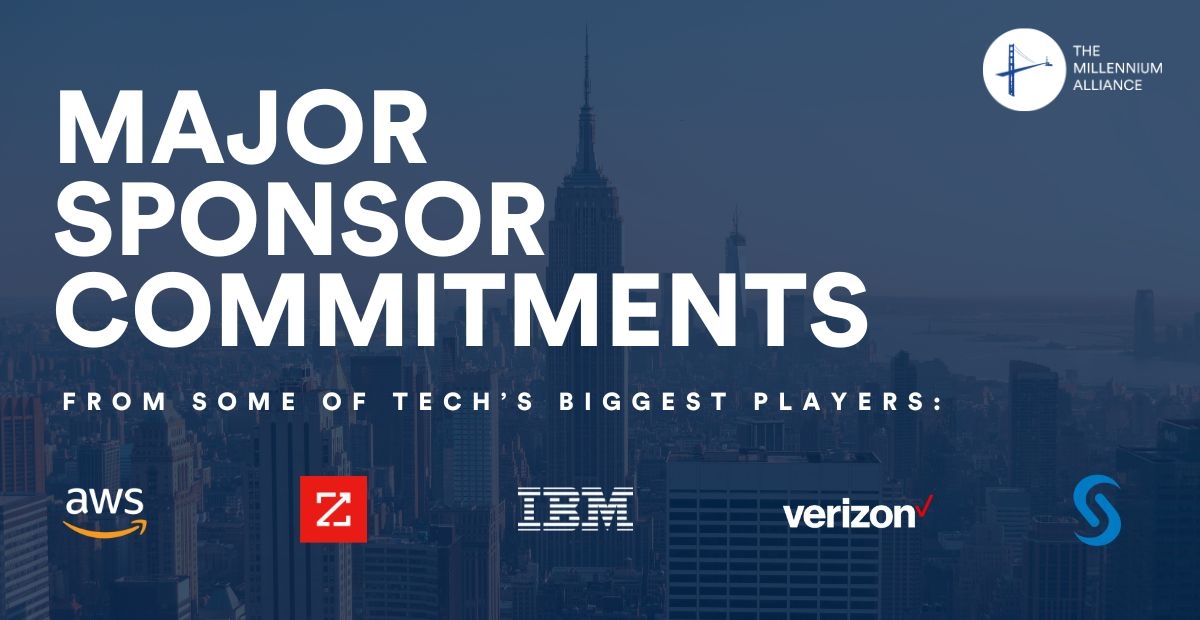We are just a few weeks away from our latest Transformational CISO Assembly in Nashville! We are excited for the leading cybersecurity experts to join us and of course, the Gala Dinner where our Keynote Speaker Ben Rhodes will take the stage. Ben is the Chair of National Security Action, Author of The World As It Is and Former Deputy National Security Advisor to President Obama.
I had the privilege to sit down with Ben for #MillenniumLive to discuss global cybersecurity, his passion for public service and of course his upcoming Keynote.
About Ben Rhodes:
Ben Rhodes is the author of the New York Times bestseller The World As It Is; a contributor for NBC News, MSNBC and Crooked Media; the co-chair of National Security Action; and an advisor to former President Barack Obama. From 2009-2017, Rhodes served as a Deputy National Security Advisor to President Obama. In that capacity, he participated in nearly all of President Obama’s key decisions, and oversaw the President’s national security communications, speechwriting, public diplomacy and global engagement programming. He also led the secret negotiations with the Cuban government which resulted in the effort to normalize relations between the United States and Cuba, and supported the negotiations to conclude the Joint Comprehensive Plan of Action (JCPOA) with Iran. Prior to joining the Administration, he was a Senior Speechwriter and foreign policy advisor to the Obama campaign. From 2002-2007, he worked for former Congressman Lee Hamilton, supporting his work on the 9/11 Commission and Iraq Study Group. A native New Yorker, Mr. Rhodes has a B.A. from Rice University and an M.F.A from New York University.
What is your greatest strength, and how has that impacted your career trajectory?
I hesitate to select a greatest strength, because I think we always have to be mindful of the need to get better at whatever we are doing. One lesson that I have learned, though, is that it is always important to work for people and organizations I believe in, or on issues that I care about. When you believe in what you are doing, and respect who you are working with, you will be better at everything that you do, and you will be willing to work harder and smarter. As someone whose core skill is writing, I’ve also been able to distill complicated issues or situations into a story that is understandable and accessible, and connected to a larger whole – whether it’s a broader political or policy agenda. That particular skill has helped me throughout my career – whether I was writing a speech, building a communications strategy, or making the case for a particular policy. We tend to experience the world through stories, and there will always be a need to fit the information around us into a story that is understandable.
Where does your passion for public service come from? Has it been in your DNA all of your life or did you have a certain experience that triggered your passion?
My entry into public service was triggered by the 9/11 attacks. I was living in New York City and working on a political campaign, and witnessed the attacks as they unfolded. I decided that I wanted my life to be about the next chapter for our country – how America would respond in the world – and I set out to build a career at the intersection of foreign policy, writing and public service. The key decision for me was wanting my life to be connected to the events shaping things around me, and seeing public service as a vehicle to pursue positive change in the world. Public service allows you to be a part of something bigger than yourself – to work as part of a team with so many other people, to test yourself by having to respond to events beyond your control, and to do things that can make a tangible difference in the lives of others. It can be frustrating and subject to the vagaries of politics. But you always have to remember that in a democracy, you have a certain amount of agency, and the politics and public service is ultimately what all of us choose to make of it.
What resources do you recommend to someone looking to gain insight on becoming a better leader?
Whatever field you are in, it is essential to study the people who went before you. As a presidential speechwriter for 8 years, I never went to work on a major speech without reading samples of similar speeches that were written before. As a diplomat negotiating our normalization of relations with Cuba, I carefully studied similar negotiations – with Cuba and other adversaries of the United States – before settling on a strategy. As a manager of a team for 8 years in government, I looked at how other managers chose to lead – stylistically and substantively. To become a better leader, you have to look to examples of people who have succeeded – and failed – at whatever it is that you are setting out to do. You will get new ideas, new perspectives, cautionary tales, and inspiration. Above all, you will feel less alone in what you are trying to do.
In your opinion, what is the greatest challenge that cybersecurity is currently facing?
Technology is advancing at a pace that often exceeds our capacity to manage cyber security risks, and to mitigate unintended consequences. As Artificial Intelligence (AI) extends the horizon of what is possible, it can offer new defenses against cyber attacks, but it can also create new vulnerabilities. This is taking place against a backdrop of increased national competition, as nations like China rush to beat the United States in developing new technologies, nations like Russia are becoming more assertive in conducting cyber attacks and disinformation campaigns, and the United States itself removes itself from a system of international laws and norms. Ultimately, to deal with new risks, we need new cooperative approaches among nations to establish norms and greater transparency, and more dialogue among governments and the private sector to understand the vulnerabilities introduced by new technologies.
What global cybersecurity risks do you foresee on the horizon?
As the technology landscape around us continues to change, threats will continue to multiply. A lot of the risks will be familiar in the private sector – ransomware and malware, supply chain disruption, data security, outright theft – but the approaches utilized by adversaries will evolve along with innovation. This is particularly true as governments who flout cyber norms become more advanced and aggressive in their tactics. For governments, this presents the challenge of continuing to update how we think about national defense, as critical infrastructure becomes more vulnerable to disruption. For individuals, this means that daily functions that increasingly rely on technology could also be disrupted. That is why I think risk is compounded if governments don’t find more effective ways to work together, and to work cooperatively with the private sector.
We are excited to have you join us next month as Keynote Speaker. Can you give us a preview about the message or story you want to convey to our audience? What are you hoping to instill upon the executives?
I look forward to talking about how my interaction with cyber-security evolved during my 8 years in the White House: from being the victim of cyber-attacks by the Chinese government during the 2008 Obama campaign, through the work that we did to try and develop new tools and approaches for cyber security, to considering where offensive cyber capabilities fit into the national toolkit, to responding to cyber-attacks which raised difficult questions around public attribution and response – from the North Korean attack on Sony, to the Russian intervention in the 2016 election. Since leaving government, I’ve been struck by how quickly the cyber-security landscape continues to change along with technology and innovation – and to outpace the public policy response – raising additional questions about how we can more effectively work together to secure individuals, companies and governments from cyber threats.
What are you most looking forward to at Millennium’s Transformational CISO Assembly?
I’m looking forward to being around a broad cross-section of private sector leaders who are all trying to find new ways to understand and respond to a changing world around them. Convenings like this are an essential way for people to learn from one another, to share experiences and ideas, and to hear from others who can share different perspectives. That’s the only way that we can collectively deal with cross-cutting challenges like cyber-security.
Thank you for joining us Ben!
About Transformational CISO Assembly
The Millennium Alliance is thrilled to present our bi-annual Transformational CISO Assembly, taking place in Nashville, TN.
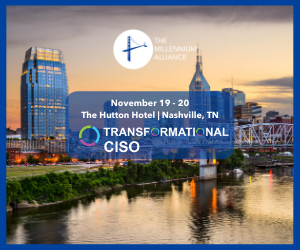
With the instances of cyber attacks increasing, businesses of all sizes are working tirelessly to secure their networks, devices, and data. Fortune 500 organizations are especially vulnerable as they have big data pools and thousands of people who need access. CISOs need to plan for worst-case scenarios, stay ahead of the latest IT Security transformation technology, and maintain their company’s information assets, all without losing sight of the corporate culture.
Are you interested in becoming a sponsor for this event? Click here today to learn more >>
Are you a CISO interested in attending this event? Inquire here today to find out if you qualify for Millennium Membership >>

